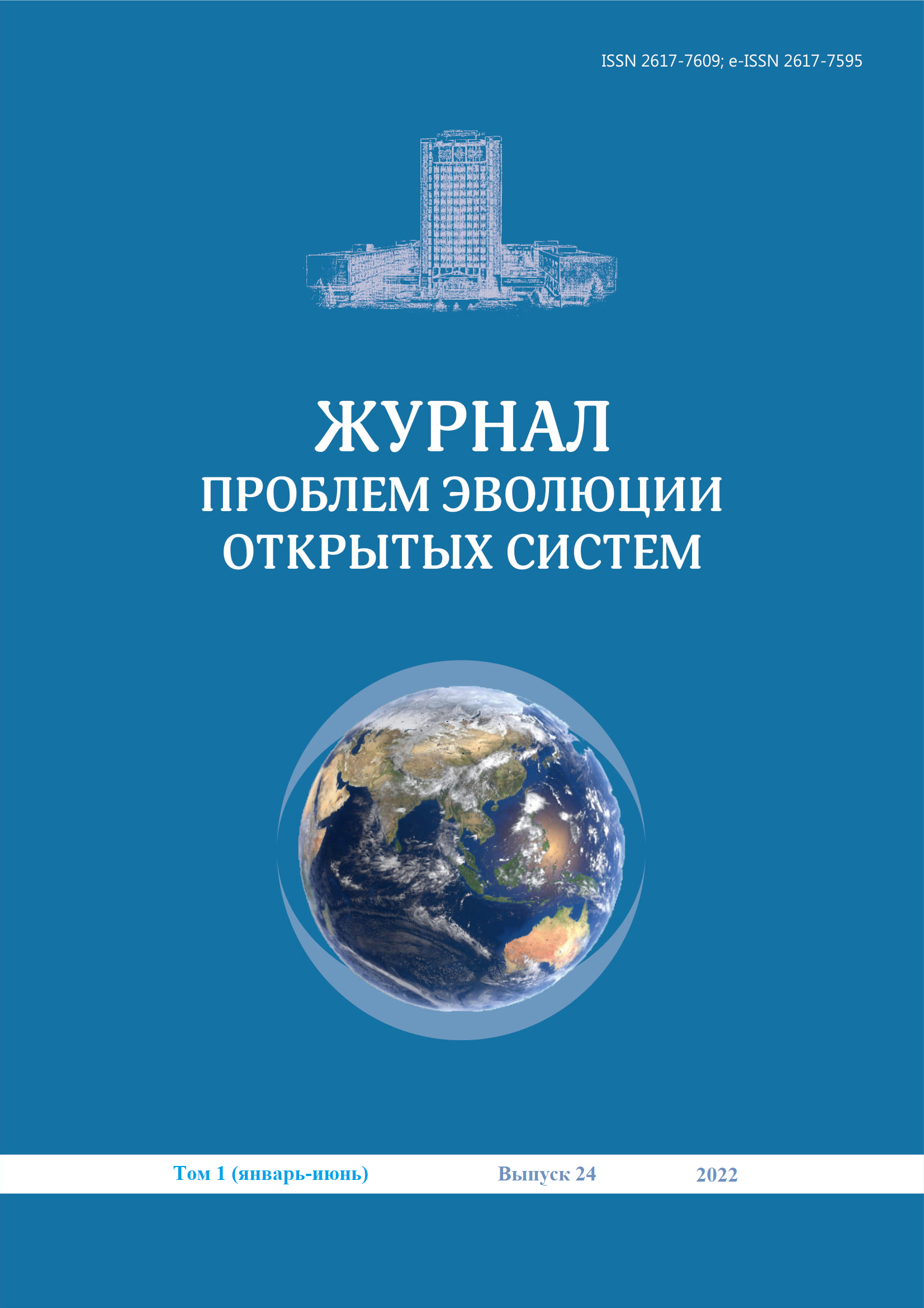INVESTIGATION OF THE IR SPECTRA OF ETHANOL FOR FUEL ENERGY USING A DEVELOPED SPECIALIZED LOW-TEMPERATURE CELL
DOI:
https://doi.org/10.26577/JPEOS.2022.v24.i1.i6Abstract
Growing problems of petroleum fuel depletion motivate search for alternative fuels. This work is devoted to the study of the low-temperature properties of ethanol at normal pressure using infrared spectroscopy. Ethanol, as one of the promising types of alternative biofuels, is of great interest, however, the question of the study of its behavior at low temperatures in atmospheric conditions remains open. Using a specially designed low-temperature measuring cell based on the diffuse reflection attachment of the FSM 2203 Fourier spectrometer, a number of experiments were carried out to study the structural-phase transitions of ethanol in the temperature range of 93-200K. The resulting spectra were compared with other ethanol spectra from other studies performed in vacuum. The correlation observed in this case makes it possible to state the operability of the method and the created low-temperature cell for the diffuse reflection attachment. The obtained spectra were also compared with the theoretical spectra obtained using the GAUSSIAN 09W software package with the chosen density functional theory method, the B3LYP approximation and the 6-311G++ basis set, where good data convergence was also observed. Thus, using the created low-temperature cell, it seems possible to further study the low-temperature properties of both pure ethanol and mixtures with its content, which is currently an urgent task for alternative fuel energy.











